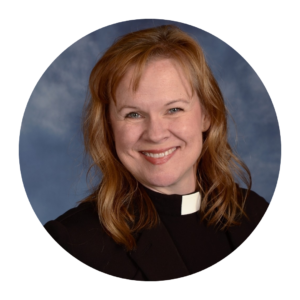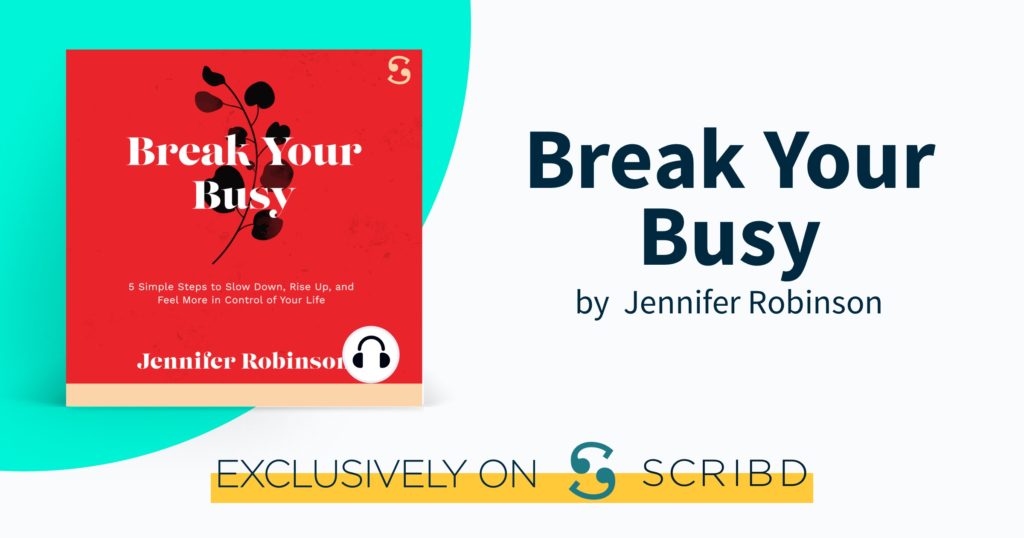I am almost finished packing up my office at church in order to leave one congregation and begin work at another. Of course, this comes with all the emotions any of us can feel when something closes and something is about to begin. I have been their pastor for four and a half years, and I will miss them. But I also have a new and exciting job right up ahead, so I am grateful, sad, happy, eager, curious about the future, and sentimental about the past. I feel some grief, some hope, some trust, and some anxiety. In short, I feel all the effects of impermanence.
I have felt this a lot lately. My daughter, my youngest child, graduated from high school and moved to live and work on a farm. My son, my current congregation’s musician, will remain at the church I am leaving after years of us leading worship together. Soon, he will graduate from college and the world will open up for him. My dog died just days before Christmas. Lots of things have been and will be changing in my life. Impermanence is one of the few things in life we can count on. It is a permanent fixture of being alive.
Impermanence and Psychology
Western psychology recognizes the human being’s need for security and stability. Psychologist Abraham Maslow tells us that we need some stability in our lives, given through such basics as food, clothing, and shelter, before we can then discover our own human potential. Psychologist John Bowlby (my “Grand-Uncle John” and a beloved family friend when he was alive) reminds us that infants develop attachment with their caregivers. The child then internalizes secure or insecure attachment as they make their way into the world. Modern psychotherapists help clients discover sources of security, stability, and permanence in our fast-paced and ever-changing modern world.
Impermanence and Spirituality
Long before the discipline of psychology came into being, western religions also focused on the idea of stability. Judaism looks back to the stability of the ancient covenant given by God through Moses to the ancient Israelites. Even when the Israelites had to travel long distances, endure hardship, or were scattered in the Diaspora (the dispersion, of which the Jews are still a part), Judaism has emphasized the faithfulness of a present God. God works providentially throughout human history and has not abandoned the people.
Christianity loves its heritage found in Judaism, and adds to that the reliability of love found in Christ. When all seemed lost and broken on the Cross, Christ was resurrected from the dead. This offers Christians the message that there is permanence in God, even when transformation must occur. Out of every kind of death comes some kind of new life, and on that we can rely.
Islam holds to the belief that a kind of spiritual amnesia has fallen upon us, so it offers its adherents spiritual practices to help the self remember. Five times per day, all Muslims are expected to turn back to God in prayer. This helps Muslims recall who they are, who they belong to, and all of the truth of God upon which they build their lives. Even when we forget, there is permanence. There is a stable and unchanging God.

Transformative COURSES & WORKSHOPS that make integrating peaceful living, health and wellness easy, fun and affordable.
I find so much wisdom in each of these perspectives. I, too, believe that there is something stable and permanent in the presence and love of God. This belief has guided me through many changing days. But also, in sharp contrast, I find much wisdom and joy in the tenets of Buddhism which emphasize the other side of things. Where western religions emphasize permanence, Buddhism emphasizes impermanence.
The Four Noble Truths
Buddhism is a psychologically astute religion. It agrees that people naturally seek security and permanence. However, rather than explaining what people should cling to for certainty, Buddhism says we need to accept that we will never find it. Buddhism’s main tenets are the Four Noble Truths:
1. Life is suffering.
2. The cause of suffering is clinging/attachments/hoping for permanence.
3. Suffering can be ended.
4. Follow the path that leads to the end of suffering.
According to Buddhism, we all encounter pain; that is inevitable. But we suffer when we do not fully accept and even embrace the impermanent nature of reality. Rather than Buddhism telling people to find something, even a divine being, to cling to for a sense of security, Buddhism tells us to let go of the hope that anything is secure. Buddhism encourages us to look with compassion on ourselves, as we will have a hard time letting go of the quest for permanence, and then meditate, breathe, and accept that every single part of life changes. It even stands in contrast to Hinduism, the religion from which Buddhism sprang, which teaches that we all have a stable soul. Buddhism says there is no such thing as an unchanging soul, but rather a trajectory of activity that we call “ourselves.” We are each less a noun than we are a verb. Buddhism refuses to be pinned down. It claims that all of us and every aspect of life is like a flowing river; there is nothing in us that stays permanent as we move along the river’s course of our lives.
What I’ve Learned
I am not a practicing Buddhist, but I have learned so much from its psychological and philosophical honesty. When I try to hold on to my children and keep them little forever, I only suffer. When I live in too much sentimentality and hold to the past, I suffer. When I project my mind anywhere other than right here and now in this present moment, I suffer. But when I can flow with the river of life, I am at peace. I am made aware that everything is a gift. This moment is what is sacred.
In the past few decades, western religion has seen some wisdom in this way of thinking. In the 1990s, Christian Process Theology was growing. This school of thought was influenced by the philosophy of Alfred North Whitehead and was made popular by theologian John Cobb. When I was in college, I had the honor of hearing Dr. Cobb lecture near me. He spoke of the God we have claimed as unchanging as dynamically changing. He said that with every relationship, every prayer, every new act given to the great fabric of this world, God could not help but change, as God is a relational God who is willing to be affected. This means that while the love of God is permanent and reliable, God also flows and moves and lives in the impermanence like the rest of us. God asks me to accept it, to breathe, to surrender to the flow, and to walk on water rather than pitch a tent.
My job as the pastor of one congregation is now slipping through my fingers, as are my little children, as did my dog. Yet at the same time, a new job is being poured graciously into my existence, as are my adult children, and even my dog’s consciousness is around me. It is all reliable. It is all impermanent. It is all made of love and in constant flux. It produces anxiety in us until we offer a “Yes” to the way that is life. Every moment is a fleeting, precious, rare and beautiful gift.

STEPHANIE LAPE
Stephanie Lape is a pastor in the Evangelical Lutheran Church in America (ELCA).
She holds a Master of Arts degree in Transpersonal Psychology (the psychology of religious experience) from the Institute of Transpersonal Psychology, and a Master of Divinity degree from Luther Seminary. A long-time professor of comparative religions and former campus minister, she now serves as pastor at Eden Lutheran Church in Riverside, California.
Stephanie speaks and teaches on matters of spiritual and psychological development, biblical studies, the enneagram personality tool, and comparative religions. She is an active advocate for interfaith and ecumenical studies. She has taught classes on major religious movements in churches, schools, and city programs, while also leading tours and guest speaking at mosques, synagogues, and temples. Stephanie is honored to be a speaker at the 2021 and 2023 Parliament of the World’s Religions.
She also loves to write. Stephanie is a contributing author for Living Lutheran Magazine and author of Beckoned: Hearing God’s Call to Deeper Faith, which is both a travelogue of her own winding spiritual journey, as well as a guide to help people discover their own path. She lives with her husband and two children in Southern California.



